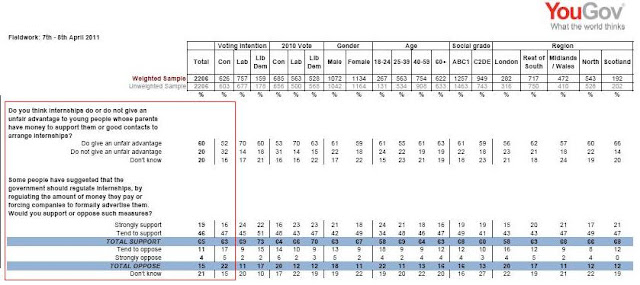Evan Harris, one of the leading left-of-centre Liberal Democrats behind the recent challenges to the Governments NHS reforms, has launched
this critique of what he described as the 'Orange book brigade' and their views on the health care reforms.
In his article for Liberal Democrat Voice, Harris addresses some of the key (and misleading) attack lines that Norman Lamb has used against the NHS, including the (oft-repeated) statistics on heart disease survival rates that
were criticised by the British Medical Association.
In his piece he states that politicians should be
'honest enough to explain to the public that effective but expensive treatments can only become available on the NHS when there are increases in real terms spending. I hope that the Lib Dems, when economic circumstances allow, will always give the public the option of voting for more NHS spending through fair taxation'.
Norman Lamb himself appears to lie somewhat in between two factions of the Lib Dem Party (his own 'Blairite' position is clearly distinctive from that of Clegg and Cameron). On one side, you have the likes of Evan Harris - and probably the majority of grass roots members - that are broadly of the centre-left.
On the other side, you have those such as David Laws, who in terms of their views on taxation and the economy are indistinguishable from most Tory MPs.
An article he wrote for the Independent back in 2002 gives an interesting glimpse into the kind of future government he was later to become a part of. During the article he writes:
"
We make a profound error when we try to pretend that funding is the source of all the problems in our public services...As a party, we have not, I fear, been leaders in securing the consumer interest. We do not, for example, consider how the public can be more closely connected to the health services they receive, for example, through a more social insurance based model".
Other examples of this strand of thinking can be found amongst those such as
Julian Astle from CentreForum, who castigates the 'Old Labour' wing of the Liberal Democrats, adding that
'the Lib Dem-Conservative coalition is pressing ahead with the most radical reforms to our public services since they were founded', which he describes as
'a testament to the political leadership of Nick Clegg and the intellectual leadership of David Laws'.
It is entirely reasonable to think that a fair number of the 'Orange Book' tendency on the right of the Lib Dems would have joined Cameron's (more socially liberal) Tories had they existed when they entered politics. In other words, you have a collection of people in Clegg's party (and probably Nick himself) whose main objection to the Tories of old was their social illiberalism, rather than their right-wing economic policies.
In opposition, the Liberal Democrats could gloss over these inherently different political viewpoints - although its long been acknowledged that they have campaigned on different platforms depending on the audience and on geography. In government, with practical policies to implement, these contradictions are becoming more and more evident.
 YouGov has published this poll that demonstrates that the years of investment in the NHS may have finally impacted on general public perceptions of the standard of health services in the UK.
YouGov has published this poll that demonstrates that the years of investment in the NHS may have finally impacted on general public perceptions of the standard of health services in the UK. 






